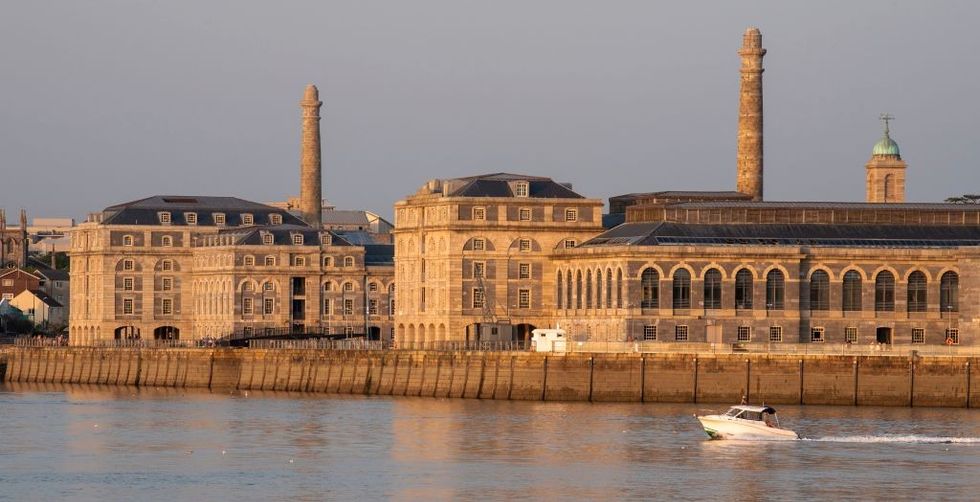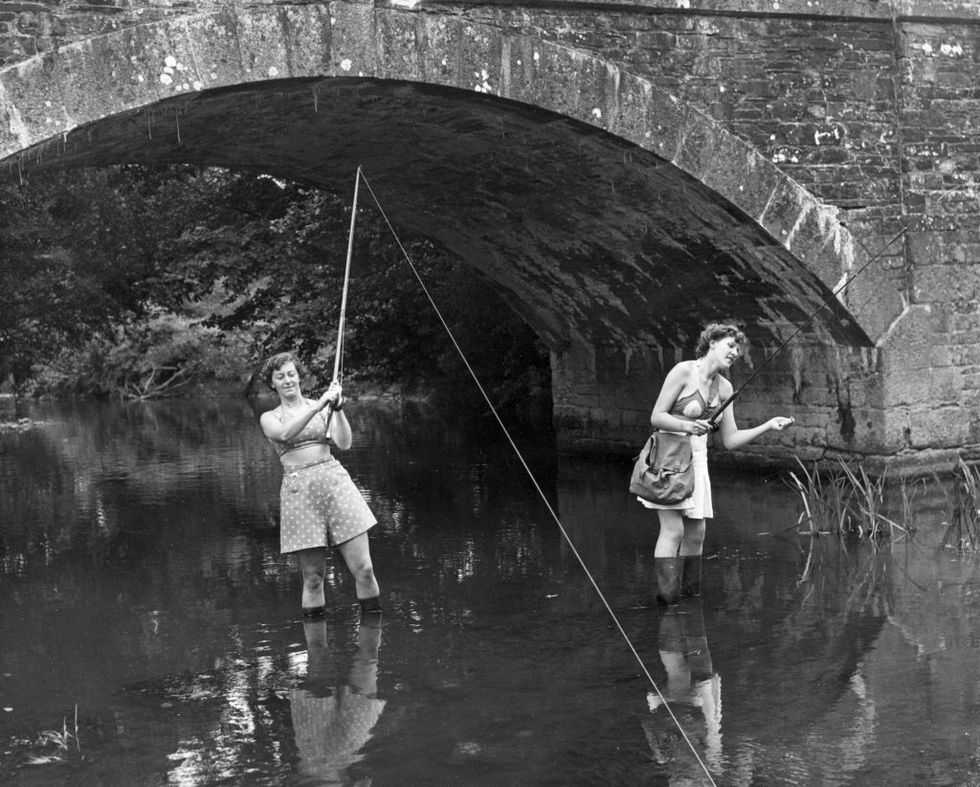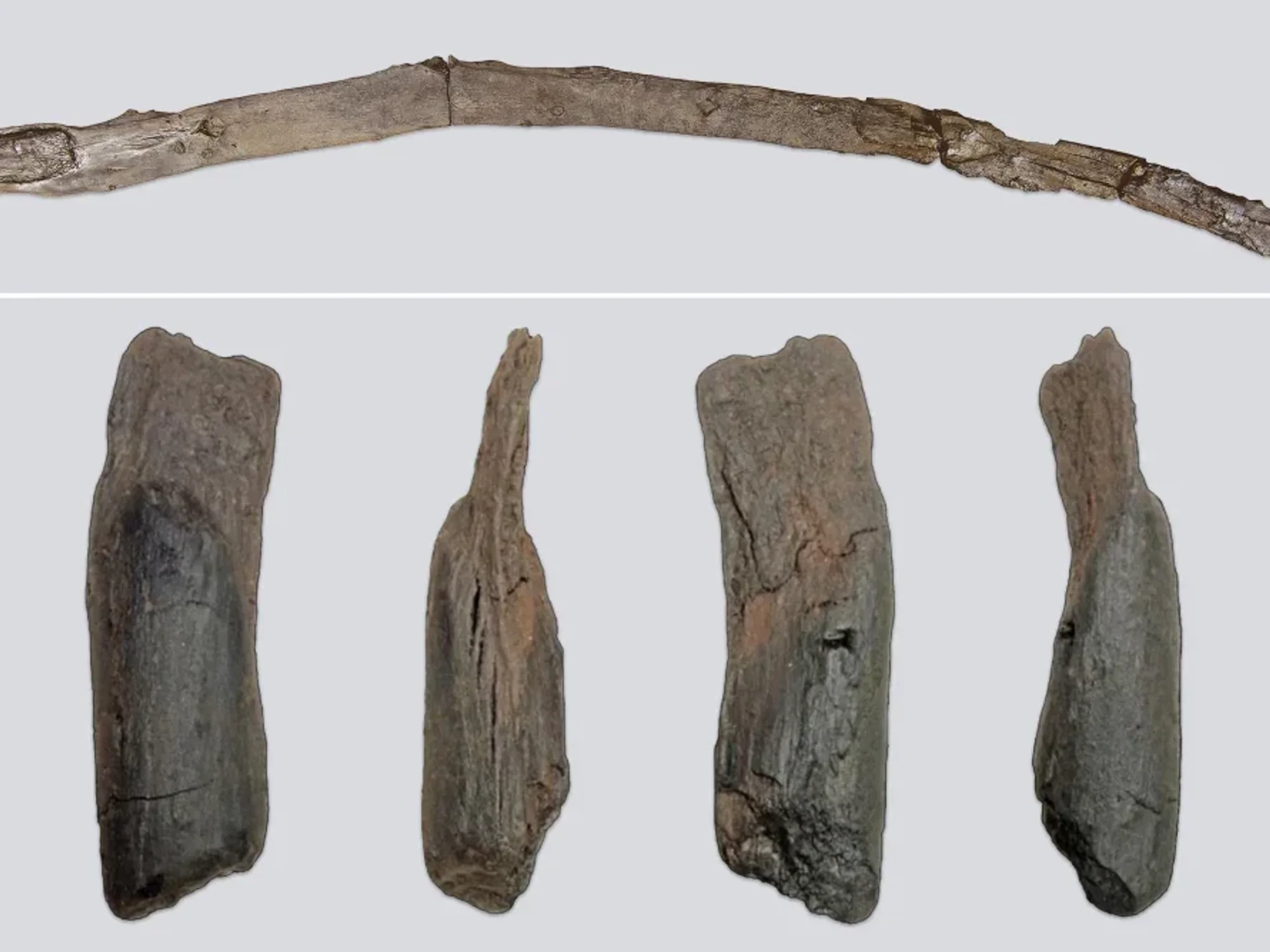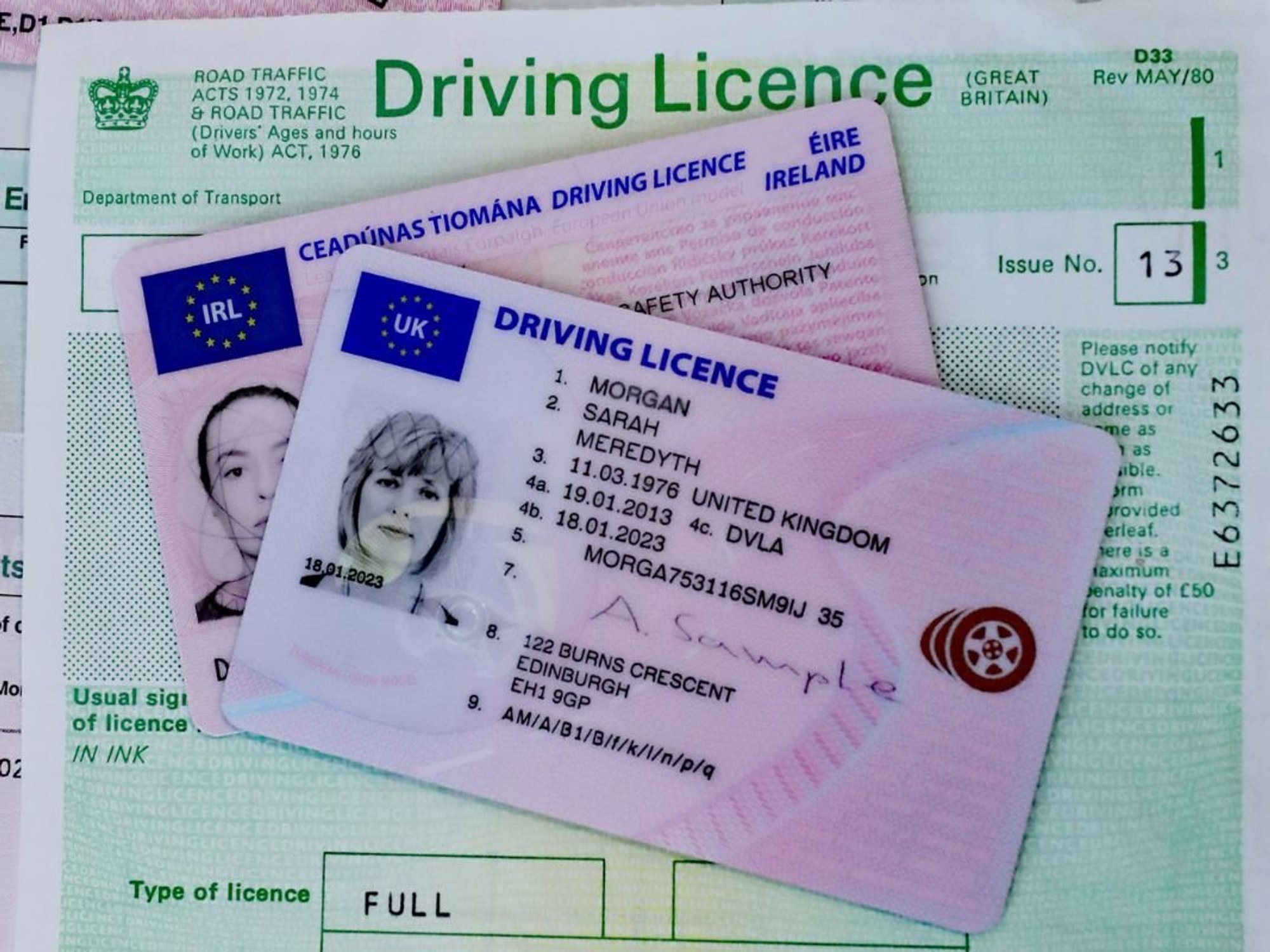British fisherman left devastated after being forced to abandon ancient tradition due to strict new rules

Colin Matthews has claimed hundreds of years of tradition has now stopped
|FACEBOOK/COLIN MATTHEWS

Salmon fishing has been a long-standing tradition on the River Tamar
Don't Miss
Most Read
Trending on GB News
A traditional way of life spanning generations has come to an end for a Cornwall fisherman who must cease his ancestral salmon netting practices.
Colin Matthews, 61, has been compelled to halt his commercial fishing operations on the River Tamar following Environment Agency interventions that have effectively halted his livelihood.
The veteran fisherman, who began accompanying his father on fishing expeditions at age six, represents the latest casualty in a nationwide pattern of traditional fishing closures.
Mr Matthews has pursued this time-honoured profession for decades, inheriting techniques passed through his family line, only to see his occupation eliminated by regulatory measures.
Despite the Environment Agency's assertions about depleted fish populations, Mr Matthews maintains he successfully harvests his allocated annual quota of 23 salmon without difficulty.
"That's what annoys me. I caught my quota every year of 23 salmon a season and they say there's no fish there," Mr Matthews said.
The fisherman's frustration stems from what he perceives as contradictory evidence - his consistent ability to meet catch limits whilst authorities claim stocks are dangerously low.
"These people, they are ruining people's lives. When I lost my salmon licence after 25 years, it felt like the end of my life," he said.

Colin Matthews has been forced to stop fishing on the River Tamar
|GETTY
Mr Matthews' plight reflects a wider crisis affecting traditional fishing communities throughout Britain, with similar restrictions implemented across Welsh rivers and other waterways.
"Closures of fisheries are happening across the country," Mr Matthews explained, noting that Welsh traditional fishermen have also seen their seasons dramatically reduced.
The combination of quota limitations, abbreviated fishing periods and escalating licensing costs has made sustaining these ancestral practices increasingly untenable.
Mr Matthews articulated his dismay at regulatory decisions, stating: "They take us away (traditional net fishermen) on a byelaw saying there's no fish, they want to keep them all for the rich, it's a bitter pill to swallow."
Mr Matthews contends that environmental contamination poses the genuine danger to fish populations, rather than heritage fishing methods.
"Pollution is causing more issues than fishing," he asserted, documenting deteriorating river conditions through his Facebook group, Traditional Salmon Fishery Group UK.
His criticism extends to recreational angling operations, which he argues receive preferential treatment despite potentially greater impact on stocks.
"It just seems so unfair that the Environmental Agency can take away our way of life and still allow up to 500 leisure rods to take one fish a day. Surely that's not protecting salmon stocks," Mr Matthews said.

Two women fishing in the River Tamar in 1951
|GETTY
Tourism websites continue promoting the Tamar as Devon and Cornwall's premier salmon river.
The Environment Agency maintains that salmon populations have plummeted to unsustainable levels, necessitating protective measures implemented over two decades.
Initial restrictions commenced in 2004 with a net limitation order, followed by a temporary resumption of regulated netting in 2014 when stocks showed improvement.
However, 2019 brought renewed prohibitions under National Salmon and Sea Trout Protection Byelaws, banning netting for a decade where populations remain vulnerable.
An Environment Agency representative confirmed: "Salmon numbers are currently among the lowest on record and are below sustainable levels in many rivers, including in the River Tamar."
The agency cites habitat degradation, water contamination, migration barriers and climate change as contributing factors.
More From GB News










